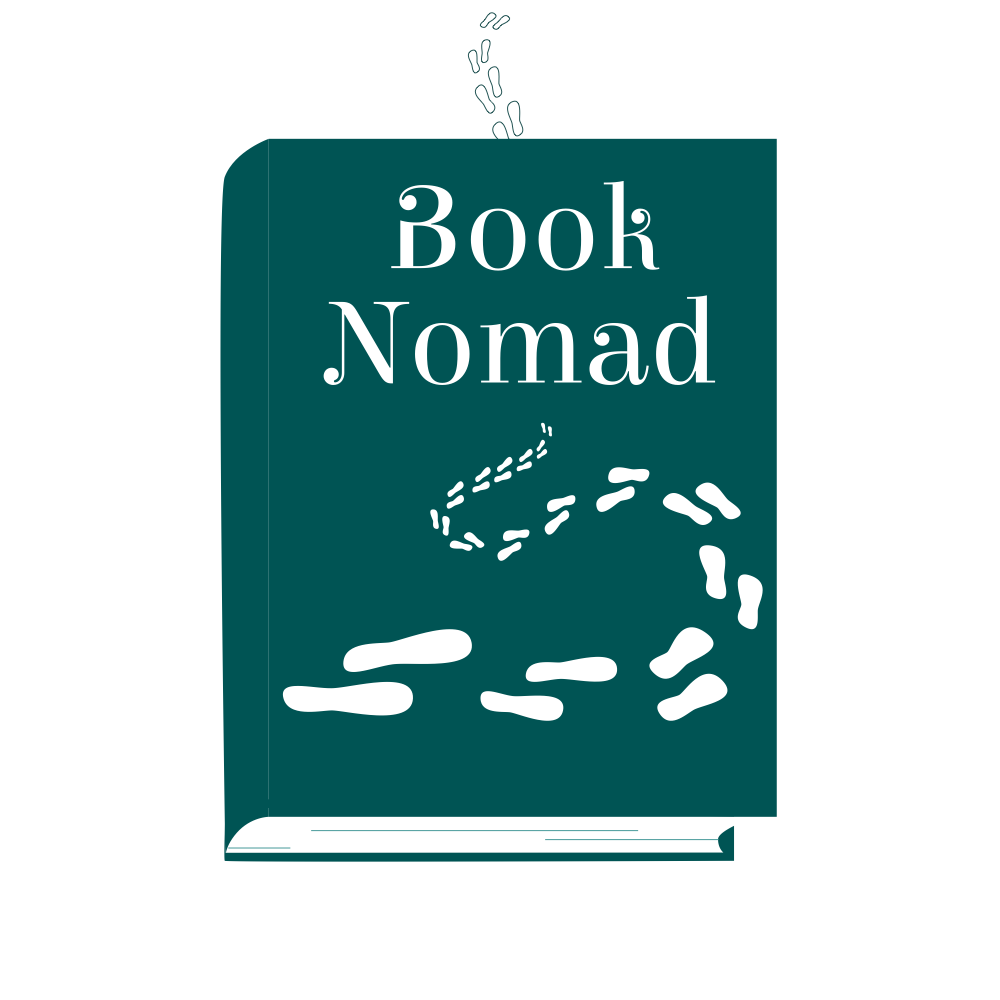I don’t want to say a lot about this book because I don’t want to disturb the feeling I have from just finishing it by intellectualising it. It was emotional and empathetic and very personal. There is a clear message and purpose behind the writing of it, but they are conveyed not by listing all the arguments and rationale but by taking the reader into the heart of Amal Shahid, a 16 year old Black Muslim American boy who is imprisoned despite being innocent, (and of his hurting, striving mother) and letting us fully experience the journey and implications of an unjust criminalising criminal justice system.
The fact that it was co-written by Yusef Salaam, one of the Exonerated Five, five teenage boys who were imprisoned for a crime they didn’t commit, who served almost seven years in a juvenile detention facility, most likely contributed in a big way to the intimate experience of Amal’s voice. Having read a little about what Yusef Salaam has said about how his faith helped him to get through his incarceration experience, I do wonder why Amal’s reliance on Allah and his faith seems to be toned down in comparison. I understand that this is not an autobiographical work but Amal was written as a Muslim character.
The book is written in verse and there were several points when I really wanted to have a written copy so I could highlight lines that hit me particularly hard. It reminded me of Elizabeth Acevedo’s The Poet X in the way they both use verse so effectively to convey a real and pain-filled teenage voice to a teenage audience. I listened to this as an audiobook and I find that with fiction particularly the narrator is very important for allowing the listener to access the full atmosphere of the story; in this case, I think Ethan Herisse did an excellent job.


0 Comments